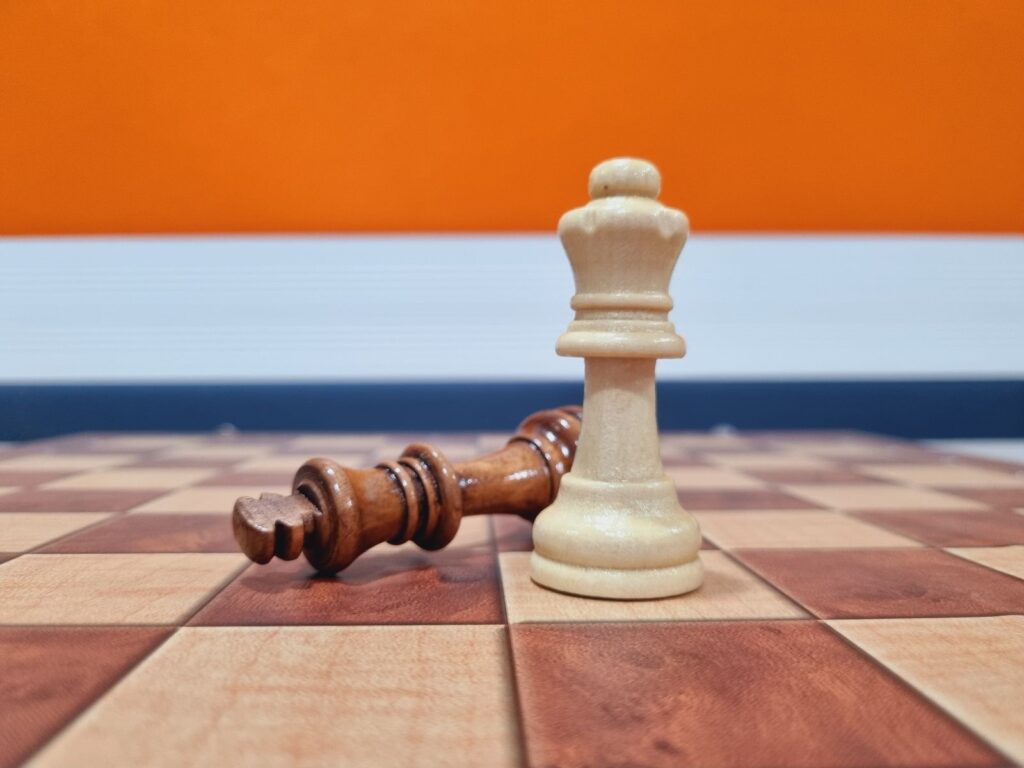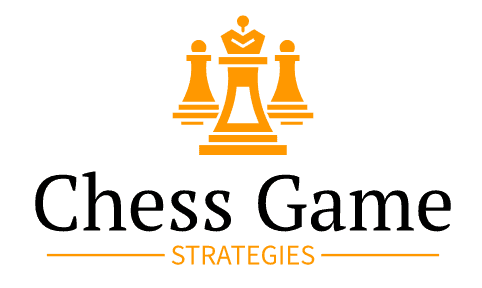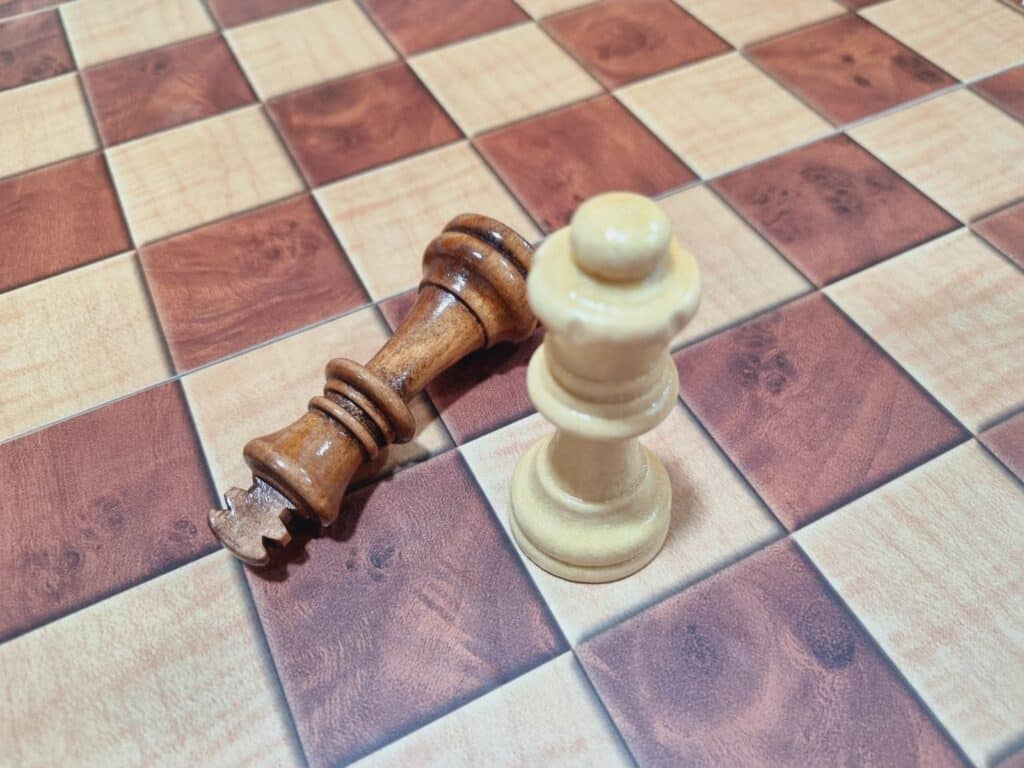
Chess is one of the most dynamic games ever. Its never-ending set of strategies grows by the day with new players designing fresh combinations of moves in the pursuit of an unbeatable playing style.
Players who have just started playing often consider themselves to be so far from the ‘real deal’ of the game that they sometimes give up even before really attempting to get any good at it. But how long does it take to get good at chess?
How Long To Get Good At Chess?
Since different players learn from different sources, there is no saying which is the one way of learning chess that will bring you to the highest possible ranking as quickly as you wish.
This, and the fact that the age one chooses to start learning chess, makes a huge difference seem to be the only common opinions in chess communities.
So, for starters, there really isn’t a concrete formula. Determining the amount of time, it takes to get good at chess depends on a series of factors.
Secondly, what is considered ‘good’ in chess? A high-enough rating, winning more than losing, being able to participate in tournaments? These are just other examples of subjective parameters that won’t lead to an exact answer.
A player who never loses in an online chess platform may never participate in tournaments or even face players with a much higher rating, which may lead him or her to think no one is better than them. However, that should be the extract of reality from that small percentage of players.
GMs such as Kasparov, Fischer, Magnus, and Capablanca were already playing chess when they were only four or five years old, which is seen by some as a key factor for quickly developing in the game.
That is mainly because children normally have fewer responsibilities than adults, which leaves them more time to practice. Apart from that, mental health professionals point out that a younger brain is more capable of retaining information.
That, however, is not a rule, as some other incredibly good chess players didn’t start playing chess until they were teenagers.
Adults that work what is considered ‘normal’ hours take around eight to ten years to reach ratings deemed good for most players if they aren’t late-blooming prodigies.
The latest data gathered by observing over 2.3 million players for more than five years concluded that a 100 points evolution could be achieved in 3-6 months by beginners. The same evolution should only be reached by more experienced players in 3-4 years.
In the end, it does seem to make a difference when one begins to play chess, but more important than that is to keep playing it at least daily.
The more contact with the game, whether in theory or practice, is definitely a mandatory treat for one to get any good at it. If they will ever become great players or simply have good ratings only time can tell.


